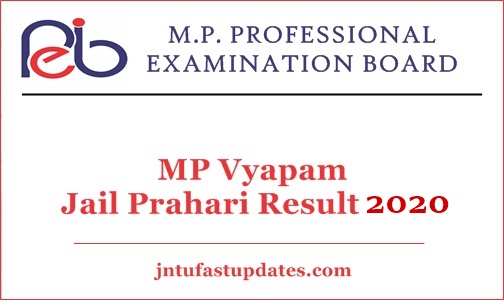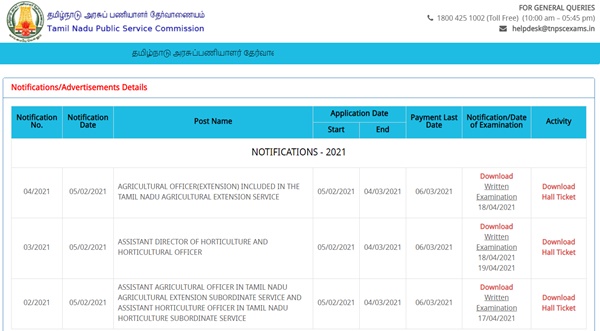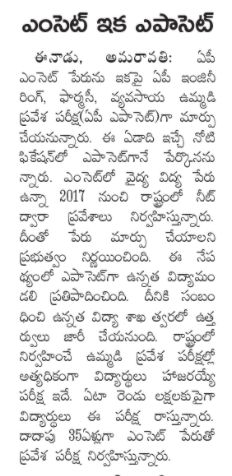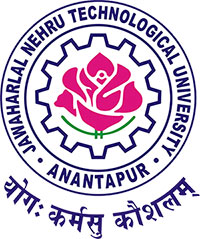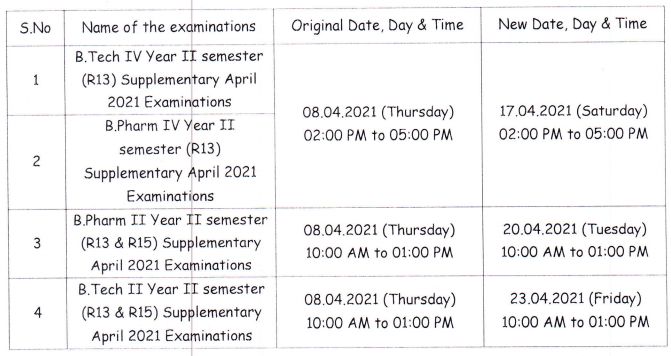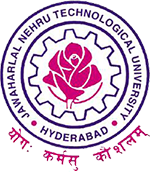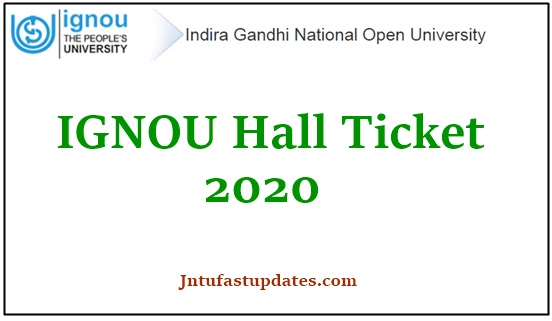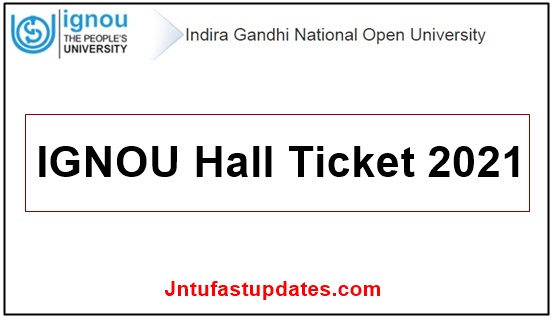JNTUK B.Tech Major & Minor Degree: Looking to global scenario, engineering students should have knowledge of subjects from other branches and some advanced subjects of their respective branch in which they are perusing the degree. To complement the same JNTU Kakinada has decided to take an initiative from 2020-21 in academics by introducing minor to the undergraduate students enrolled in the B. Tech. This gives a provision to the students to pursue minor other than the discipline in which student got admitted. An aspiring student can choose the courses and laboratories in any other discipline and can get a minor in the chosen specialization in addition to regular major B. Tech degree. This way undergraduates are not restricted to learn about courses only in the discipline they get admitted to, but can choose courses of their interest to later on take up a career path of their liking. The students taking up a minor course will get additional credits. A student has to acquire 20 more credits, in addition to 160 credits required, for the award of the minor. The department concerned will determine the required courses for award of minor. The subjects in minor programme would be a combination of mostly core and some electives.
JNTUK B.Tech Major & Minor Degree Guidelines, Procedure to Apply
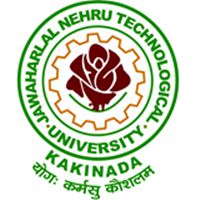
Guidelines B.Tech Minors in Engineering
(Applicable from the Academic Year 2019-20 (R19) and Academic Year 2020-21 (R20))
II. OBJECTIVES : The objectives of initiating the minor certification are:
(a) To diversify the knowledge of the undergraduates.
(b) To make the undergraduates more employable.
(c) To have more educational and professional skills after the completion of his undergraduate courses.
(d) To give a scope to specialize students in other streams of engineering in addition to the ones they are currently pursuing.
III. Applicability and Enrolment
(a) To all B. Tech (Regular and Lateral Entry) students admitted in Engineering & Technology
(b) The minor will be offered at all J.N.T. University affiliated colleges (Autonomous and Non-Autonomous).
(c) There shall be no limit on the number of programs offered under Minor. The minor programs in emerging technologies based on expertise in the respective departments may be offered and minor can also be offered in collaboration with the relevant industries/agencies.
(d) Total number of seats offered for a minor programme shall be a maximum of 35% of sanctioned intake of major degree programme.
(e) If a minimum enrolments criterion is not met, then the students may be permitted to register for the equivalent MOOC courses as approved by the concerned Head of the department in consultation with BoS.
(f) The allotment of seat into minor is based on the percentage of marks obtained in the major degree programme. Percentage of marks shall be taken up to III semester in case of regular entry students and only III semester in case of lateral entry students
(g) In the event of any tie during the seat allotment for a minor, the concerned major degree department offering minor shall conduct a test/interview on the prerequisite subjects of minor and final decision shall be taken.
(h) For applicability of minor, both regular B Tech and minor courses shall be successfully completed with specified SGPA/CGPA
(i) A student shall report the concerned Principal of the college, if he/she is not interested to pursue/continue the minor programme.
(j) Transfer of credits from a particular minor to regular B. Tech or another major degree and vice-versa shall not be permitted
IV. Entry level
(a) The B. Tech students (both Regular and Lateral Entry) pursuing a major degree programme can register for minor at their choice in any other department offering minor from III semester onwards.
(b) Students registering for minor shall select the subjects from other branches. For example, if a student pursuing major degree in Electrical & Electronics Engineering shall select the subjects specified for minor in Civil Engineering and he/she will get major degree of Electrical & Electronics Engineering with minor of Civil Engineering.
(c) Student pursuing major degree in any engineering branch is eligible to register for minor in any other engineering branch. However, students pursuing major degree in a particular Engineering are not allowed to register for minor in the same engineering branch.
(d) Only those students, who have a CGPA of 7.75 or above, without any backlog, will be permitted to register for a minor.
(e) An SGPA or CGPA in excess of 7.75 has to be maintained in the subsequent semesters in major as well as minor without any backlogs in order to keep the minor registration active.
(f) Should both the SGPA and CGPA fall below 7.75 at any point after registering for the minor; the minor registration will cease to be active.
(g) A student registered for minor in a discipline must register and pass in all subjects with a minimum GPA of 7.75 that constitute requirement for award of minor.
(h) Separate CGPA shall be shown on semester and final transcripts of regular B. Tech and minor.
(i) Students shall not be permitted to register for minor after completion of VI semester.
(j) Students shall be permitted to select a maximum of two subjects per semester from the list of subjects specified for minor.
(k) The students shall complete minor without supplementary appearance within stipulated period as notified by JNTUK for the completion of regular major B. Tech programme.
(l) Minor shall not be awarded at any circumstances without completing the regular major B. Tech programme in which a student got admitted
(m) If a student is detained due to lack of attendance, he/she shall not be permitted to register the courses of minor
(n) If a student failed in any registered course of the minor, he/she shall not be eligible to continue the B.Tech minor. However, the additional credits and grades thus far earned by the student shall be included in the grade card but shall not be considered to calculate the CGPA.
(o) The subjects completed under minor programme shall not be considered as equivalent subjects in case the student fails to complete the major degree programme
(p) Students completed their degree shall not be permitted to register for minor
V. Structure of Minor in B.Tech
(a) The student shall earn at least 20 credits for award of minor from other branch/department/discipline registered for major degree.
(b) Students can complete minor courses either in the college or in online from platforms like NPTEL/SWAYAM etc.
(c) The overall attendance in each semester of regular B.Tech courses and minor courses shall be computed separately
(d) A student shall maintain an overall attendance of 75% in all registered courses of minor to be eligible for attending semester end examinations. However, condonation for shortage of attendance between 65-75% may be given as per University norms. On the recommendations of College Academic Council, the student concerned will be permitted to take the semester end examinations, on payment of condonation fee of Rs. 500/-.
(e) Student having less than 65% attendance in minor courses shall not be permitted for end semester examinations.
(f) A student detained due to lack of attendance in regular B.Tech programme shall not be permitted to continue minor programme
(g) The teaching, examinations (internal and external) and evaluation procedure of minor courses offered in offline is similar to regular B. Tech courses
(h) The students may choose theory or practical courses to fulfil the minimum credit requirement.
(i) The students may be allowed to take maximum two subjects per semester pertaining to their minor
(j) The students are permitted to opt for only a single minor course in his/her entire tenure of B.Tech (Engineering)
(k) The students registered for B. Tech (Hons) shall not be permitted to register for minor
(l) The student is not permitted to take the electives courses from the parent department fulfil the minimum credit requirement.
VI. Credits requirement
(a) A Student will be eligible to get minor along with major degree engineering, if he/she completes an additional 20 credits. These may be acquired either in offline or online like NPTEL/SWAYAM
(b) Of the 20 additional credits to be acquired, 16 credits shall be earned by undergoing specified courses of minor, with four courses, each carrying 4 credits. The remaining 4 credits must be acquired through two NPTEL, which shall be domain specific, each with 2 credits and with a minimum duration of 8/12 weeks as recommended by the Board of studies.
(c) The colleges offering minor courses shall be ready teach the courses in offline at their college in the concerned departments. Curriculum and the syllabus of the courses shall be approved by the Board of Studies
(d) The online NPTEL/SWAYAM subjects selected by a student shall be approved by concerned BOS. The duration of courses shall be a minimum of 14 weeks.
(e) The teaching and evaluation procedure of minor courses offering in offline mode shall be similar to that of regular B. Tech courses
(f) Students shall produce a certificate issued by the NPTEL/SWAYAM conducting agency as a proof of credit attainment
(g) The assessment and certification of the NPTEL shall be as per the prescribed norms of the NPTEL. (h) After successful completion of all major and minor courses with specified CGPA the University will award both major and minors
(i) If a student fails to complete a course offered in online/offline, he/she will not be permitted to continue the minor
VII. Procedure to Applying for the Minor
(a) The department offering the minor will announce specialization and courses before the start of the session.
(b) The interested students shall apply through the HOD of his/her parent department.
(c) The concerned department will announce the list of the selected students for the minor.
(d) The whole process should be completed within one week before the start of every session.
(e) Selected students shall be permitted to register the courses for minor.
VIII. Registering for minor courses
(a) Each department offering the minor will submit the final list of selected students to the principal.
(b) The selected students shall submit a joining letter to the Principal through the concerned HOD offering the minor. The student shall inform same to the HOD of his/her parent department.
(c) Both parent department and department offering minor shall maintain the record of student pursing the minor
(d) With the approval of Principal and suggestion of advisor, students can choose courses from the approved list and shall register the courses within a week as per the conditions laid down in the structure for the minor.
(e) Each department shall communicate the minor courses registered by the students to the time table drafting committee and accordingly time table will be drafting. Time table drafting committee shall see that no clash in time tables.
(f) If the student wishes to withdraw/change the registration of subject/course, he/she shall inform the same to advisor, subject teacher, HODs of minor department and parent department and Principal within two weeks after registration of the course.
IX. Procedure for Monitoring the Progress of the Scheme
The students enrolled in the minor courses will be monitored continuously at par with the prevailing practices and examination standards. An advisor/mentor from parent department shall be assigned to a group of students to monitor the progress.
X. Allocation of seats for minor
(a) The university/institute/colleges will notify the number of the seats for minor in the concerned department well in advance before the start of the semester
(b) Total number of seats offered for a minor programme shall be a maximum of 35% of sanctioned intake of major degree programme.
(c) The list of the elective for minor will be offered from the list of running majors in the concerned subjects. Each department of concerned institute will notify the seats for the minor well before the start of each session as per the following Table
XI. Course Fees for registration of subjects in Minor degree: There is no fee for registration of subjects for minor degree programme offered in offline at the respective colleges.
XII. Examinations
(a) The examination for the minor courses offered in offline shall be conducted along with regular B. Tech programme.
(b) The examinations (internal and external) and evaluation procedure of minor courses offered in offline is similar to regular B. Tech courses.
(c) A separate transcript shall be issued for the minor subjects passed in each semester (d) There is no supplementary examination for the failed subjects in a minor programme.
XIII. Examination Fees: Examination Fees will be as per the JNTUK norms.
Download the Official Notification Here: Click Here

320-x100(1).gif)



